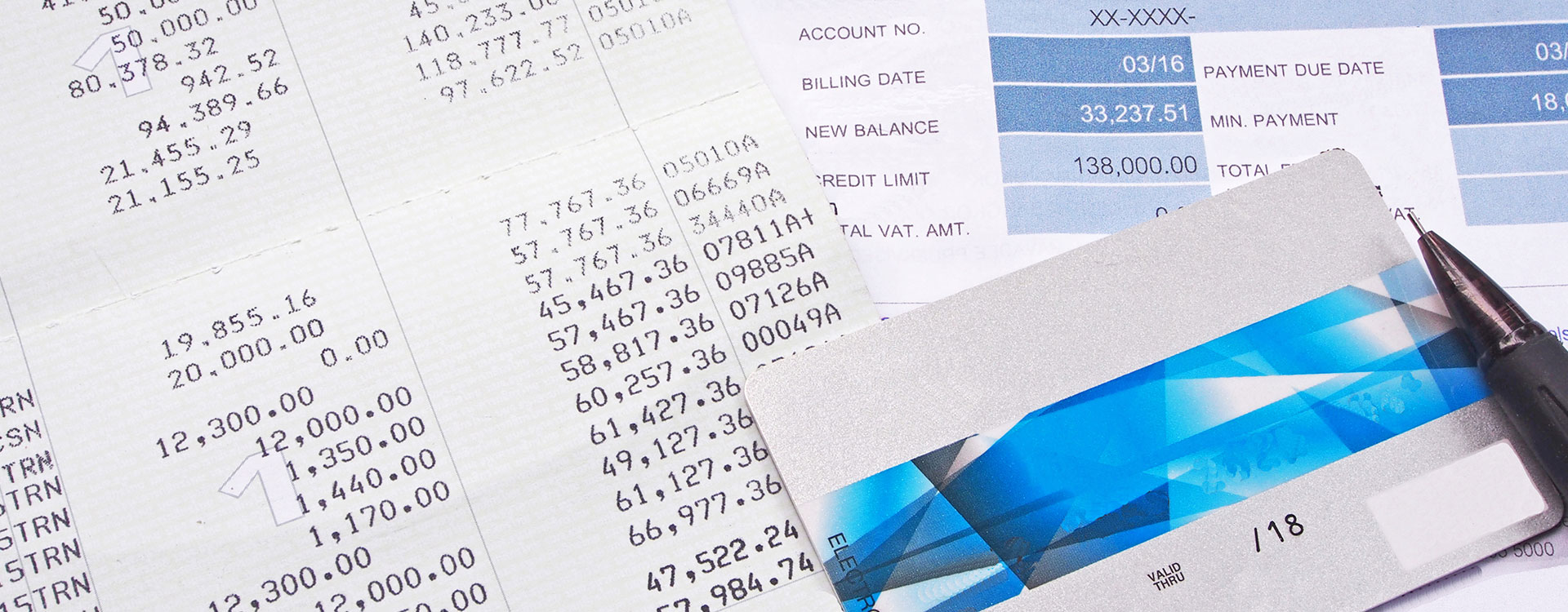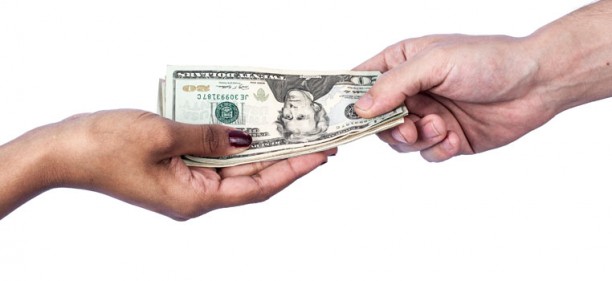To obtain approval for a personal loan, certain criteria must be met, and you may be just a step away from meeting these requirements.
If you're considering a personal loan to consolidate credit card debt, undertake a home improvement project, or fund another significant expense, you've probably wondered about your chances of getting approved.
Or perhaps your previous loan application didn't go through, and now you're eager to enhance your approval prospects. You might be asking yourself, “How do I get approved for a loan?” Well, we have the answer…
KEY TAKEAWAYS:
- Typically, personal loans range from $2,000 to $10,000, but some lenders may offer loans of up to $100,000 or more.
- A credit score in the range of 610 to 640 is usually the minimum needed for personal loan approval, although it can vary based on a lender’s policies.
- Personal loan lenders typically seek a Debt To Income (DTI) ratio of 36% or less.
- If you have concerns about securing approval on your own, consider enlisting a trusted individual as a co-signer for your personal loan.
Typically, a robust credit profile and a favorable Debt To Income (DTI) ratio significantly increase your approval odds. You'll also need the right documentation, and in some cases, an asset to serve as collateral might be necessary.
Below, we'll explore ways to improve your chances of securing a personal loan, consolidate your debts, and pave the way for a more secure financial future.
Step #1 - Elevate Your Credit Score
Personal loan lenders typically review your credit report when assessing your loan application. While the specific minimum credit score requirement varies among lenders, a credit score in the range of 610 to 640 is usually the minimum needed for personal loan approval.
To maintain or enhance your credit score, follow these best practices:
- Timely Payments: Your payment history is the most critical factor in determining your credit score. Late or missed payments can significantly impact your credit. Consider setting up autopay for your bills to ensure payments are made on time.
- Diverse Credit Mix: A strong credit file includes a blend of revolving credit (e.g., credit cards) and installment loans (e.g., mortgages or student loans). While diversity is essential, avoid submitting multiple loan applications in a short period, as each application results in a hard credit inquiry, potentially lowering your score.
- Credit Utilization: Aim to utilize 30% or less of your available credit. Keeping your credit utilization low can boost your credit score and increase your chances of personal loan approval.
A healthy credit score significantly influences your eligibility for a personal loan. Moreover, it can help you secure better loan terms and lower interest rates.
Step #2 - Maintain a Favorable Debt-to-Income Ratio
Your Debt-To-Income ratio (DTI) evaluates your monthly income relative to your monthly debt payments, encompassing rent, loan installments, and credit card obligations.
Personal loan lenders typically seek a DTI of 36% or less. And the lower your DTI, the greater the chances you have of securing a loan.
To calculate your DTI, use this simple formula:
Monthly Debt Payments / Gross Monthly Income = DTI (expressed as a percentage)
For example, if all of your monthly debt payments combined were $1,650 per month and your gross monthly income was $5,000 then your DTI would be 33%.
Step #3 - Prepare Required Documents For A Personal Loan
Most financial institutions necessitate various documents when applying for a personal loan.
These documents serve to verify your identity and confirm your income. Commonly requested documents include:
- A driver's license and/or Social Security number
- Pay stubs
- Tax returns
- Bank account information
Step #4 - Be Ready To Offer Collateral
Lenders usually offer two types of personal loans: unsecured and secured.
Unsecured personal loans do not require collateral, whereas secured personal loans necessitate an asset as collateral, such as real estate, savings accounts, or vehicles.
While unsecured personal loans don't involve collateral, they often come with higher interest rates and are typically extended to borrowers with strong credit.
On the other hand, secured personal loans offer lower interest rates, making them an appealing choice if you're looking for favorable terms. However, it's vital to remember that if you fail to repay your loan, the lender has the right to seize your collateral.
Two Bonus Tips For Getting A Personal Loan Approved
Implementing the tips mentioned earlier can substantially enhance your chances of securing a personal loan. Here are some additional steps to further increase your approval likelihood:
- Consider having a Co-Signer: If you have concerns about securing approval on your own, consider enlisting a trusted individual as a co-signer for your personal loan. Having a co-signer can boost your approval prospects.
- Research Suitable Lenders: Every financial situation is unique, and various lenders cater to different borrower profiles. Extensive research can help you identify the best lender for your specific needs. Some lenders specialize in extending personal loans to borrowers with poor credit, while others offer options for individuals with no credit history at all.
Frequently Asked Questions (FAQs) About Getting Approved For A Personal Loan
Here are answers to common questions regarding personal loan approval:
What credit score is required for a personal loan?
The minimum credit score needed for a personal loan varies among lenders and depends on whether you apply for a secured or unsecured personal loan. Generally, a credit score in the range of 610 to 640 is considered a good starting point. However, borrowers with excellent credit profiles typically qualify for the most attractive personal loan offers, including lower interest rates and flexible terms.
Do I need collateral for a personal loan?
Collateral is only required for secured personal loans. Unsecured personal loans do not demand collateral but often come with higher interest rates.
How long does personal loan approval take?
The timeline for personal loan approval varies by lender. Generally, applicants receive a response within a few days of submitting their application, with some lenders providing approval within hours. Traditional banks and credit unions may take between one to seven business days to process applications, while online lenders may offer quicker approval, often within one to three business days.
What is the maximum amount I can get from a personal loan?
The maximum loan amount varies depending on the lender. Typically, personal loans range from $2,000 to $10,000, but some lenders may offer loans of up to $100,000 or more. The specific amount you can secure depends on your financial situation and the lender's policies.
Can I prequalify for a personal loan?
Many lenders offer prequalification for personal loans. This involves completing a prequalification form, which usually only requires a soft credit check that does not affect your credit score. Prequalification can be beneficial when shopping for the best rates and helps prevent potential credit score damage. Check with your lender to see if they offer personal loan prequalification.
Final Thoughts On How To Get Approved For A Personal Loan
Improving your credit score and maintaining a low DTI are key factors in securing personal loan approval.
Additionally, having the necessary documentation readily available and considering collateral if applicable can further bolster your chances of approval.
By following these guidelines and understanding the loan application process, you'll be better prepared to obtain the personal loan you need to consolidate your debts and enhance your financial well-being.
How Credit9 Can Help You
At Credit9, we offer loan options that could provide you with the financial solution that works best for you.
Since 2018, Credit9 has provided over $460 Million in loans to over 36,000 of our customers, and we’re confident we can help you too.
For more information about Credit9’s unique debt consolidation services, contact us today to see how we can help you consolidate your debts and receive a free, no-obligation, and fully-customized Credit9 loan solution!



